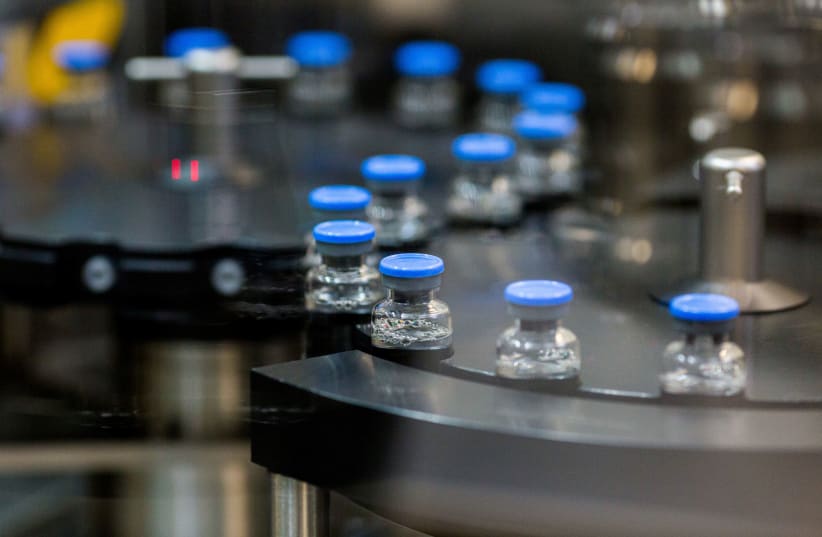TAIPEI - Taiwan's government said on Saturday it had approved Gilead Sciences' potential COVID-19 treatment, remdesivir, to treat the illness caused by the novel coronavirus.
Governments are racing to bolster supplies of remdesivir, which U.S. regulators this month approved for emergency use. California-based Gilead has said it will donate 1.5 million doses of remdesivir, enough to treat at least 140,000 patients, to combat the global pandemic.
Taiwan's Central Epidemic Command Centre said the Taiwan Food and Drug Administration took into account "the fact that the efficacy and safety of remdesivir has been supported by preliminary evidence" and its use is being approved by other countries.
On that basis, the centre said the conditions had been met for approval of the drug for use in patients with "severe" COVID-19 infection.
Taiwan has been successful at preventing the coronavirus from spreading, thanks to early detection and prevention work and a first rate public health system.
It has recorded 442 cases and only 7 deaths. The vast majority of people have recovered, with just 14 active cases.
There is currently no approved medication or vaccine for COVID-19, but EU countries are already administering remdesivir to patients under compassionate use rules.
Japan and the United Kingdom have both cleared the drug for use and moved to begin supplying it to patients.
The United States, the world's biggest pharmaceutical market, this month granted emergency use authorisation for remdesivir in COVID-19, but has yet to approve the broader use of the drug.
